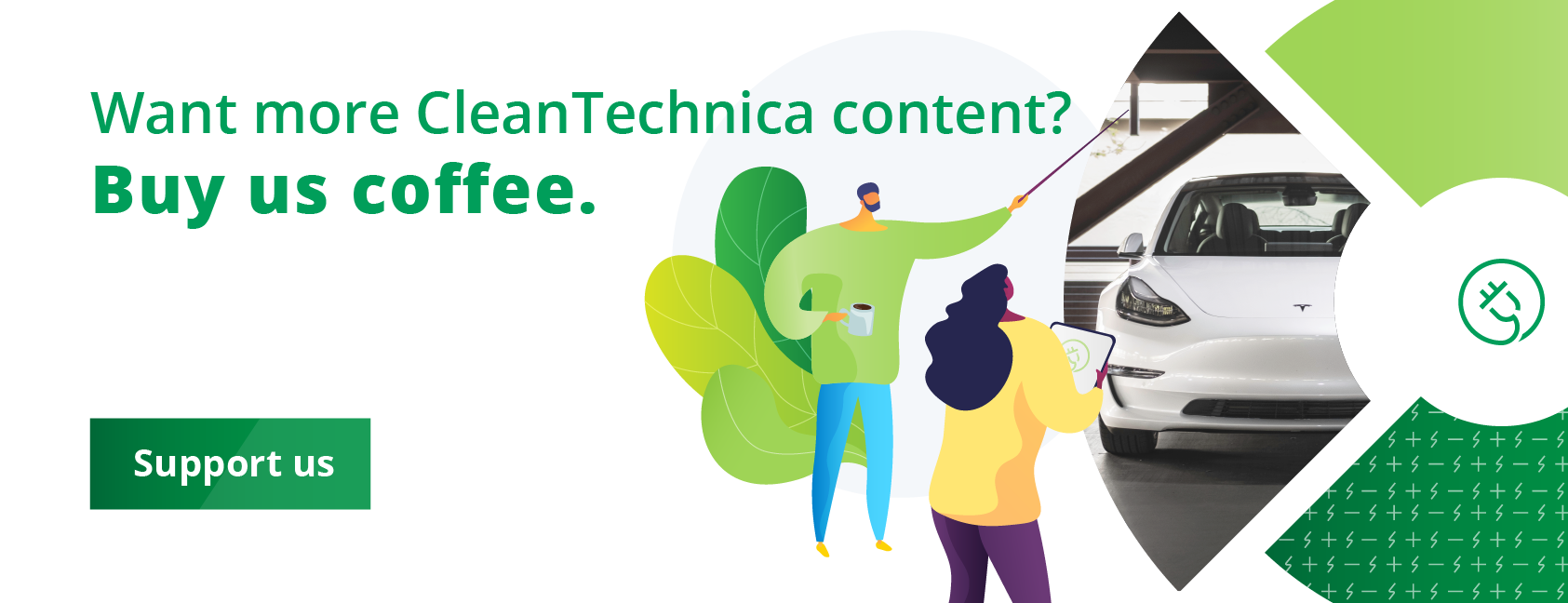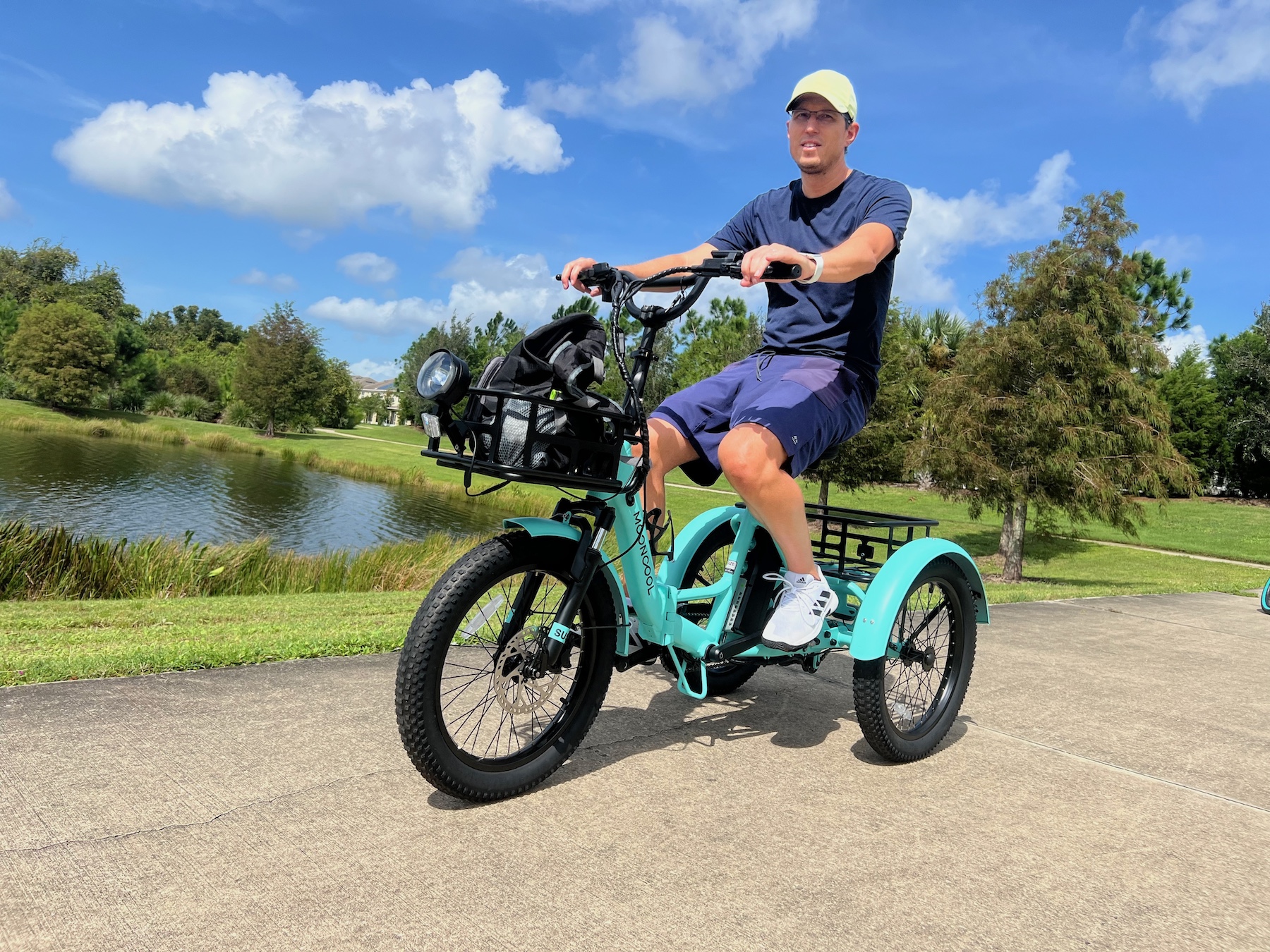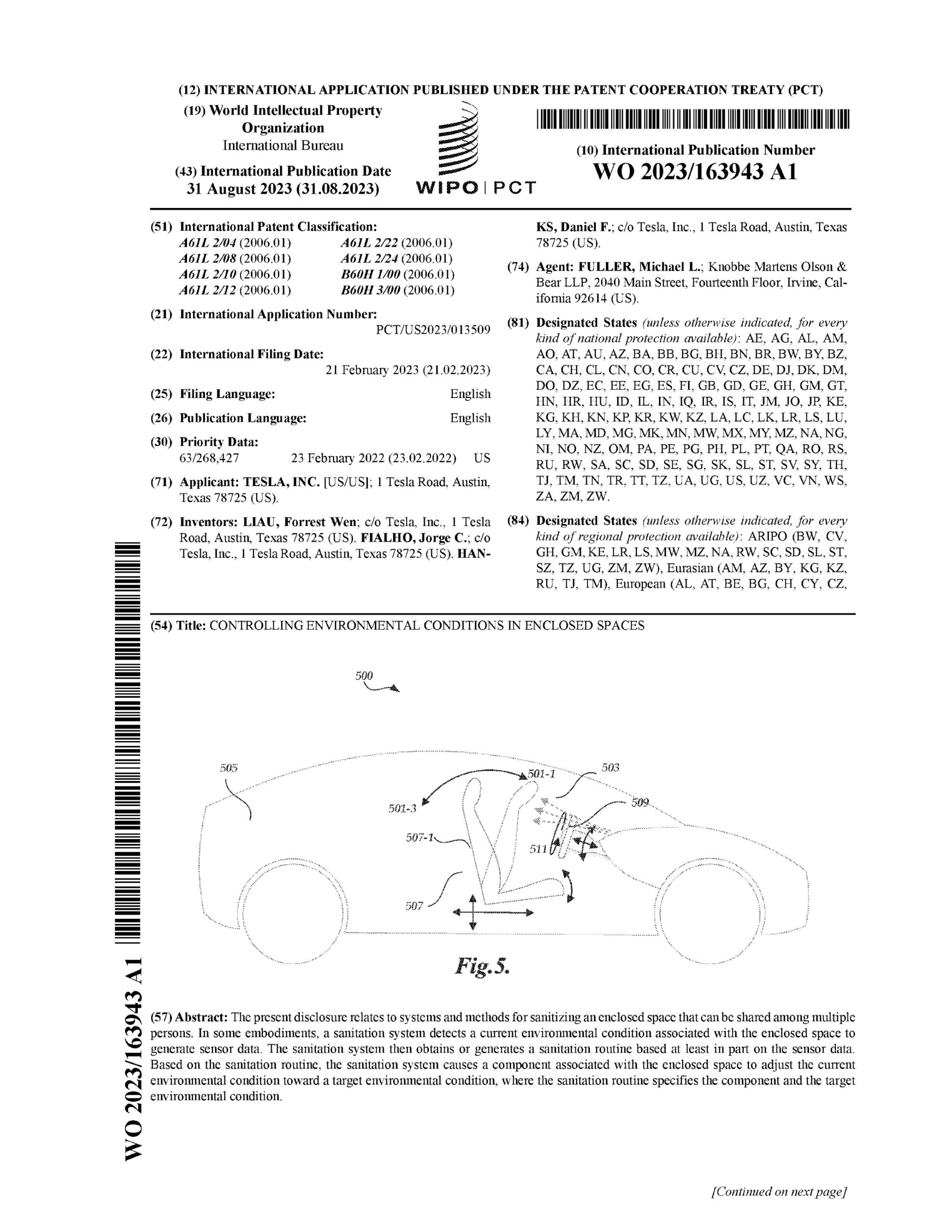
As if challenges to transitioning to EVs like access to charging stations and driving range weren’t enough, automakers haven’t made it easy to recognize EV models with their complicated and number-ridden names — Rivian R1S, Volkswagen ID.4, Jaguar I-PACE, BMW iX, Mazda MX-30, or Genesis GV60. Auto dealer marketing strategies are nearly as opaque — mass emails, directory listings, local commercials between innings, maybe a pop-up on a social media site. Not that there’s anything wrong with these, but EVs are a different breed, and they require innovative marketing strategies to attract a new consumer audience.
Some analysts argue that a key challenge to consumer reception to EVs is a perceived lack of emotional appeal compared to traditional internal combustion engine vehicles (ICEVs). Without the roar of an engine, they say consumers don’t associate EVs with power, performance, and freedom. This may or may not be the case, but there is a lesson here for dealers and their marketing teams to learn: consumers want to feel emotion when they purchase an EV, and invigorated marketing strategies that embrace emotional connections can make consumers feel excited about purchasing an EV.

To many dealers, EVs still represent a niche market. As a percentage of current total sales, that may be so. It is also important for such dealers to have a plan once electric vehicles become more mainstream — how will you create lifelong EV customers? Don’t wait to start to appeal to the EV audience — you may find yourself not being able to catch up.
Dealer marketing should be contemporary, fresh, and lively to attract customers who are becoming interested in EVs.
Add your open-to-the-public charging stations onto Google Maps: By making your EV charging station available for public use on Google Maps, local EV drivers and travelers on road trips will be aware of your contemporary outlook on zero-emissions vehicles. To add your charger to Google Maps, go to the upper left hand corner and the 3 parallel lines. Click them and follow the directions.
Content marketing: This type of marketing provides a whole lot of digital information to interested consumers — articles, infographics, videos, quizzes, calculators. The goal is to address common customer questions and misconceptions around EV adoption. You can provide digitized content for every step of the EV customer journey by incorporating market research and demographic data.
Hire local sales staff: It turns out that inclusive representation extends to media planning — people want to see and hear people like them, but, crucially, to experience this in environments that are familiar to them. Many people don’t have any prior knowledge of EVs and no one to teach them. Having a sales staff who looks like the customers and who can speak to their fears will go a long way toward creating positive EV flow. Start by developing buyer personas, which are a semi-fictional representation of your ideal customer based on market research, which are typically made up of potential consumer demographics, behavior patterns, motivations, and goals.
Hyperlocal advertising: While the environmental and technological advantages of EVs are undeniable, they cannot be the draw to get customers into your showroom. Hyperlocal marketing can bring in potential customers, though, and then you can explain tech and environmental benefits. Hyperlocal advertising is a strategy that targets potential EV customers who are close to your business location. The local area is usually very specific and should be customized for area demographics, population numbers, and cultural nuances. Hyperlocal advertising allows auto dealers to increase foot traffic by focusing on a local market segment, and it’s well suited to brick-and-mortar stores. Not sure how this works? A potential customer types into a search engine “EV dealer near me.” According to Think With Google, 76% of people who conduct a local search on their smartphone visit a physical place within 24 hours. Interestingly, while car sales today start online, more than 95% of purchases still happen at the dealership.
Influencers carry great weight on social media: Believe it or not, finding influencers can be one of the best options to explore to reach potential EV buyers. Influencers create trends and encourage others to buy products they promote, like your line of EVs. There are people on social media who have built a reputation for their knowledge and expertise on a specific topic. You can partner with influencers who have a large following and are passionate about EVs. They’d make regular posts about EVs on their preferred social media channels, with the likelihood of generating large followings of enthusiastic, engaged people who pay close attention to their views about EVs.
Mantras become a refrain: While ICEs evoke a sense of power, EVs have a unique advantage in their sustainability and innovation narratives. Marketing campaigns can focus on the impact of EVs, promoting them as a conscious choice for a greener future. Highlighting technological advancements, such as autonomous driving capabilities and cutting-edge features, can further position EVs as symbols of progress and innovation.
Search Engine Optimization (SEO): The focus here is optimizing your ranking in a Google search. As potential customers check the internet for available EVs and accessories, you are more likely to be seen by them with good SEO on your website.
Social media: Integrated with your other marketing strategies and informed by market research, social media reaches your potential customers as well as engages existing ones. It’s inexpensive when compared with other forms of advertising, even if you don’t have a budget for paid ads on social media platforms like Facebook or Instagram. That’s because you can post organic content like photos, videos, and blog posts that will attract attention from people interested in EVs. Social media builds your digital presence, supports your brand, and grows your leadership in your market. Don’t know how to use social media? Ask your youngest sales person; they’ll know which platforms are trending and what content appeals to viewers.
Train your sales staff thoroughly in EVs: This may be the most important of all the possible EV marketing strategies. Make sure your team understands the EV resources that they’ll need to fill in the gaps of consumer knowledge. Provide as much information as possible to your staff about how an EV works, and be sure to include questions your consumers will have as they pursue buying an EV. Even better, give each person an EV to drive. Make them figure out how to anticipate range and charging, how to use chargers on a road trip, how to calculate kWh hours and pricing. That’ll be the best instruction of all.
I don’t like paywalls. You don’t like paywalls. Who likes paywalls? Here at CleanTechnica, we implemented a limited paywall for a while, but it always felt wrong — and it was always tough to decide what we should put behind there. In theory, your most exclusive and best content goes behind a paywall. But then fewer people read it! We just don’t like paywalls, and so we’ve decided to ditch ours. Unfortunately, the media business is still a tough, cut-throat business with tiny margins. It’s a never-ending Olympic challenge to stay above water or even perhaps — gasp — grow. So …




